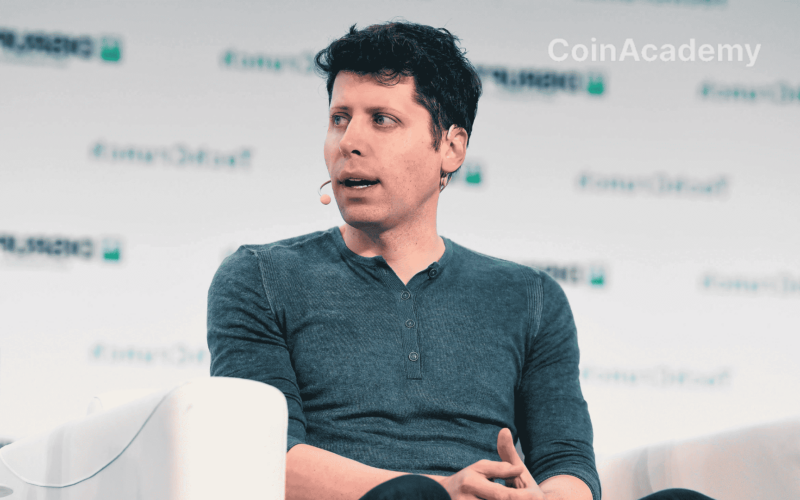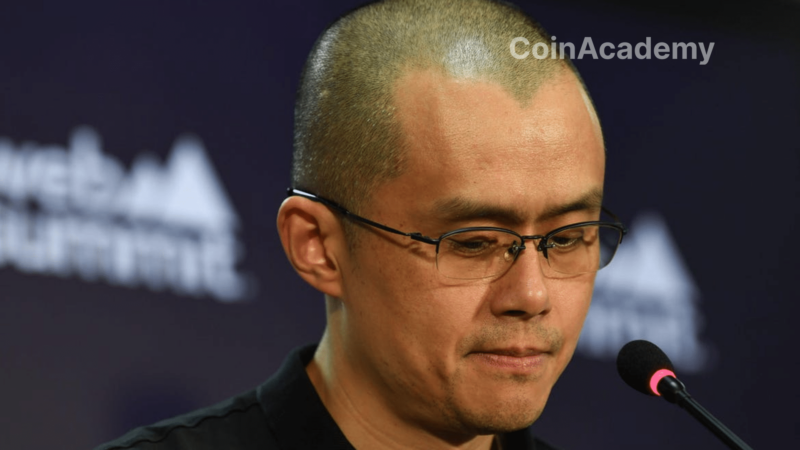Founders of Lido Launch ‘Y’, an Alternative Digital Identity Platform to World Network
Two years after the launch of Worldcoin, now renamed World Network, by Sam Altman, the co-founders of Lido, the decentralized finance giant, are preparing their response. Named ‘Y,’ this new digital identity platform aims to differentiate itself from World Network’s controversial biometric approach. While World Network uses iris scans through its famous ‘Orb’ for user identity verification, Y takes an alternative approach based on the digital traces left by internet users.
According to internal documents obtained by CoinDesk, the Y project aims to address growing concerns about privacy and the exploitation of biometric data. A source close to Lido’s Cyber Fund, founded by Konstantin Lomashuk and Vasiliy Shapovalov, confirmed the authenticity of these documents, although Cyber Fund declined to comment further. Ekram Ahmed from Celestia also confirmed his involvement as an advisor to the project, while noting that there is no connection between Y and Celestia.
Y: An Ethical and Secure Alternative to World Network
The document ‘Y vs. WorldCoin’ reveals Y’s strategy: highlighting the weaknesses of World Network, including its criticized recruitment methods and the concerns raised by the use of the Orb. Unlike biometric technologies, Y relies on user’s online activities for authentication. This approach promises to reduce the risks of sensitive data leaks and mitigate fraud, relying on Ethereum’s attestation service to certify digital identity reliably and non-intrusively.
This strategy is likely to appeal to those who are wary of mass collection of biometric data. Countries like Spain and Kenya have already restricted the use of World Network’s iris scans due to ethical and legal concerns. Y, on the other hand, aims to offer a solution perceived as more privacy-friendly by leveraging social graphs and existing data.
Towards a ‘SuperApp Crypto’
Y’s ambition extends beyond authentication. The project envisions creating a super-app crypto that allows users to develop and monetize their digital identity while ensuring privacy. This vision is reminiscent of World Network, which has already integrated an identity-focused blockchain ecosystem, a cryptocurrency wallet, and related applications.
However, the fundamental difference lies in how users are authenticated. Y proposes a nuanced digital scoring system based on online activity and blockchain, whereas World Network relies solely on iris scans for binary validation.
Strategy and Challenges
To compete with World Network, which already boasts over 15 million users, Y will have to rely on the experience and network of its founders while capitalizing on the appeal of its more secure and ethical approach. The document also highlights the concern that World Network may follow the same path as its sibling, OpenAI, transitioning from a promise of openness to a closed, commercial model. This worry, shared by decentralization purists, could become a strategic lever for Y.
It remains to be seen how Y will leverage its connections with Lido and other projects supported by Cyber Fund, such as P2P.org and Nil. With its $26 billion worth of ETH staked, Lido represents a force in the Ethereum ecosystem that could hold significant weight.




